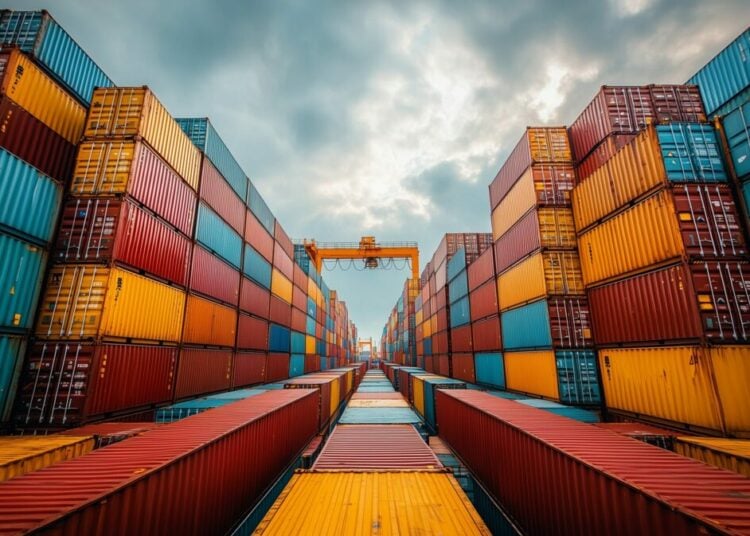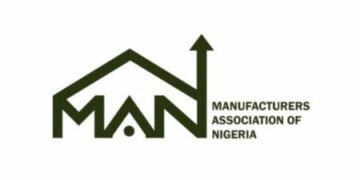The Nigerian Raw Materials (NIRAM) and the Nigerian Manufacturing and Equipment (NME) Expo have said that Nigeria must reduce foreign raw material imports by at least 60 per cent in the next five years and significantly increase local resource utilisation.
This was stated at the opening ceremony of the ninth edition of the NIRAM Expo, co-located with the eighth edition of NME Expo, 2025, held yesterday in Lagos. The theme was ‘Accelerating Sustainable Manufacturing through Cutting-edge Technology Solutions’.
Director-general/chief executive officer of Raw Materials Research and Development Council (RMRDC), Prof. Nnanyelugo Ike-Muonso, stated that “this year’s theme is more than a reflection of global trends. It is a clarion call for Nigeria to decisively reposition itself within the dynamics of the fourth industrial revolution.”
He noted that, Nigeria’s manufacturing contribution to GDP remains below 10 per cent in Q1 2025, and dropping from 9.8 per cent it achieved in the same period last year, saying that “at the same time, over 70 per cent of manufacturing inputs used in our economy are imported, according to figures released earlier this year.
“These data points expose a structural weakness: we export our raw materials in their crude form, import in refined quality, and surrender jobs and value offshore before we have even begun.
“But our country possesses over 120 commercially viable solid minerals, vast agricultural resources, and a demographic dividend in our young population. It means therefore, that what we lack is not potential, but strategic coordination, bold implementation, and technology-backed commitment. That is precisely what this Expo intends to trigger,” he said.
Ike-Muonso added that “Nigeria achieved a watershed legislative milestone aimed at channeling global capital into raw material processing technologies with the Senate formally passing the Raw Materials Research and Development Council (Establishment) Amendment Bill, 2025, mandating that no raw materials may leave our shores unless they have undergone at least 30 per cent processing or value-addition within Nigeria’s own soil.”
The president of the Manufacturers Association of Nigeria (MAN), Otunba Francis Meshioye, stated that the renewed commitment comes at a time when consumer expectations and regulatory pressures are increasing, urging companies to rethink their production strategies as part of their sustainability roadmap.
Minister of Innovation, Science, and Technology, Uche Nnaji, added that, “this Expo represents more than just an exhibition; it serves as a rallying call to harness innovative ideas, leverage smart technology, and forge strong partnerships to elevate manufacturing and create tangible opportunities for our citizens, particularly the youth.”
Nnaji said, “It is vital that every policy, investment, and innovation generated provides meaningful prospects for young Nigerians and instils hope for their futures. This Expo aligns with many of President Bola Tinubu’s top priorities, including economic growth, innovation, infrastructure, education, and good governance.”
According to him, our ministry is focused on supporting research, promoting local technological advancements, and encouraging industries to add value to Nigerian raw materials before exporting them. While we are aware of the existing challenges, such as high costs, limited access to finance, and infrastructure gaps, we believe that addressing these issues will require cooperative efforts among government, business, and the broader community.





